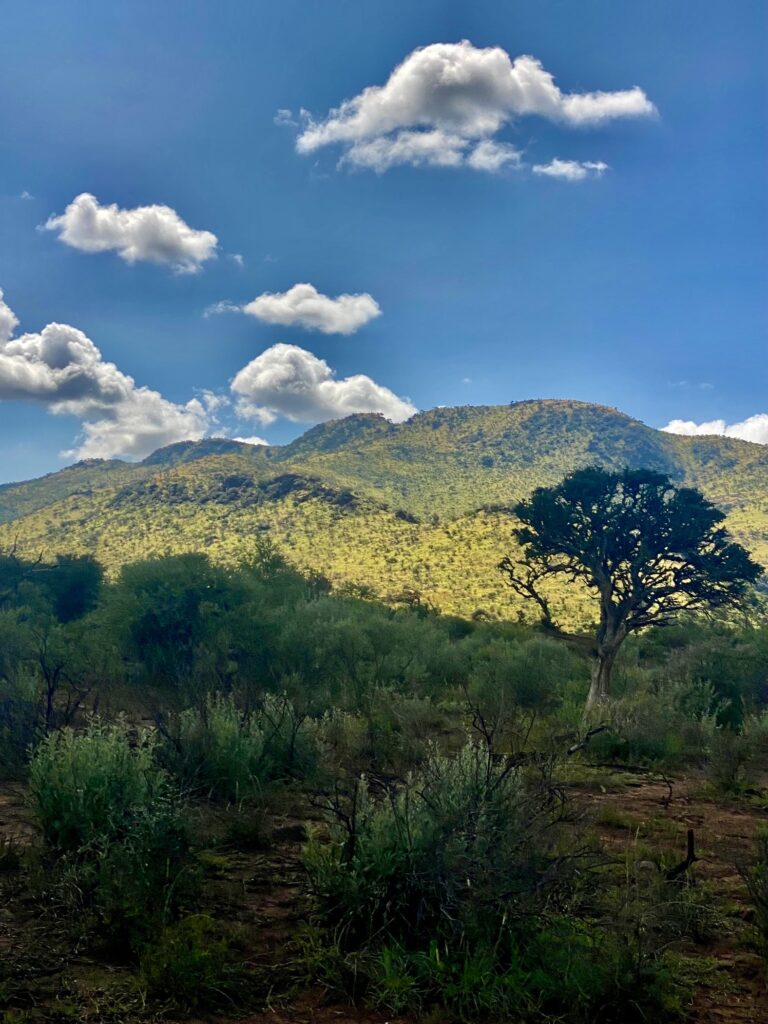
We spent a month traveling around the eastern side of South Africa. It is a beautiful country with so much to see. The people are quite nice, even if they are often not wearing shoes. Seriously, there are barefoot kids running around all over the place. We had a barefoot Uber driver help us with our luggage and drive us for an hour! The other unusual thing we saw was the predictable (yet unpredictable) schedule of power outages, which they call load shedding. Be prepared for anything in South Africa, and I hope these tips will help you if you’re on your way there.
Here are a few things we learned:
Getting used to greetings.
Say ”Hello. How are you?” Always! It is a new habit for us, and I found it lovely. Every conversation should start with a greeting. Why are we in such a rush to get to the point anyway?
At the airport customs checkpoint, we saw a passenger ask an officer for assistance. The passenger started the conversation at least five times with his direct question and each time the employee responded with “Hello, how are you?” Eventually the traveler caught on, they exchanged pleasantries, and the conversation proceeded with a smile.
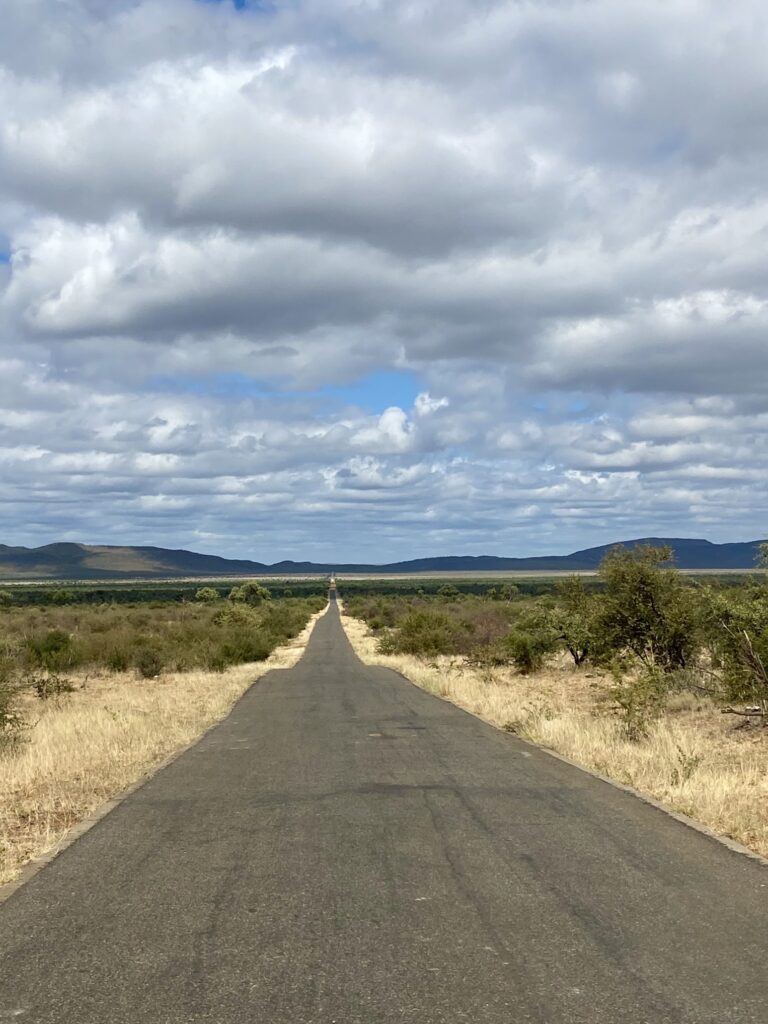
Driving is easy and also difficult.
It’s a big country and the roads are terrible, with hazards like potholes, goats, street vendors, and police roadblocks. Even on highways, it was not uncommon to drive by a pyramid of avocados being sold on the shoulder. At most stops, men surround the car selling belts, fruit, and cell phone gadgets. Tack on the animals grazing on the sides of highways, the massive potholes, the large trucks lumbering uphill but refusing to move over, and you can see why your road trip is hours behind schedule. Add 20% to whatever time estimate your maps app tells you.
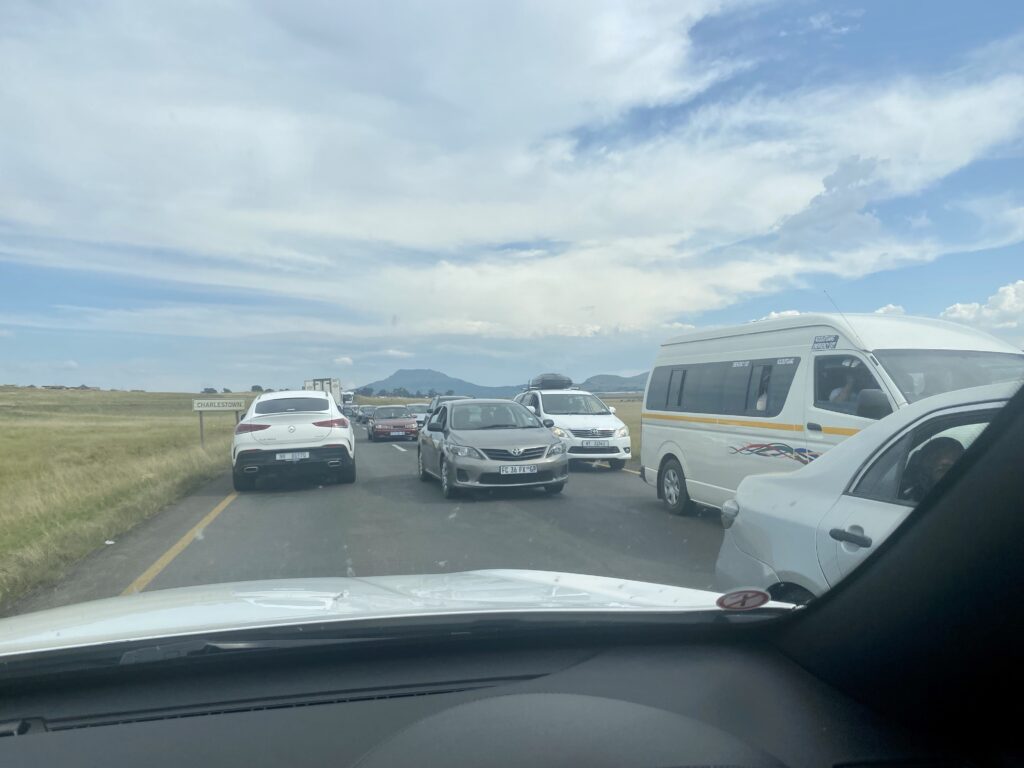
The nice thing is that there are clean bathrooms everywhere! We were impressed by the nice rest stops. Gasoline (petrol) was expensive, but stations are always full service. I love driving up to a pump and relaxing. An attendant will pump the gas and wash your windows. Just don’t forget to leave a tip. Speaking of tips, coins are smart to keep around so that you can tip the parking attendants (car guards) as well. After asking the locals, five rand (around .25 USD) worked for the parking attendants, and 10 rand for the gas attendants.
The food is so good!
Flavorful, diverse and affordable meals, especially for carnivores. We found South African olive oil and ate plenty of local fruits and veggies, and a variety of meats (exotic and otherwise) and dairy. Because of the purchasing power / exchange rate, the US Dollar went far for us. Groceries were cheap but so was eating out. Credit cards are accepted virtually everywhere, and the standard South African restaurant gratuity of 10-15% can be added to the credit card transactions.
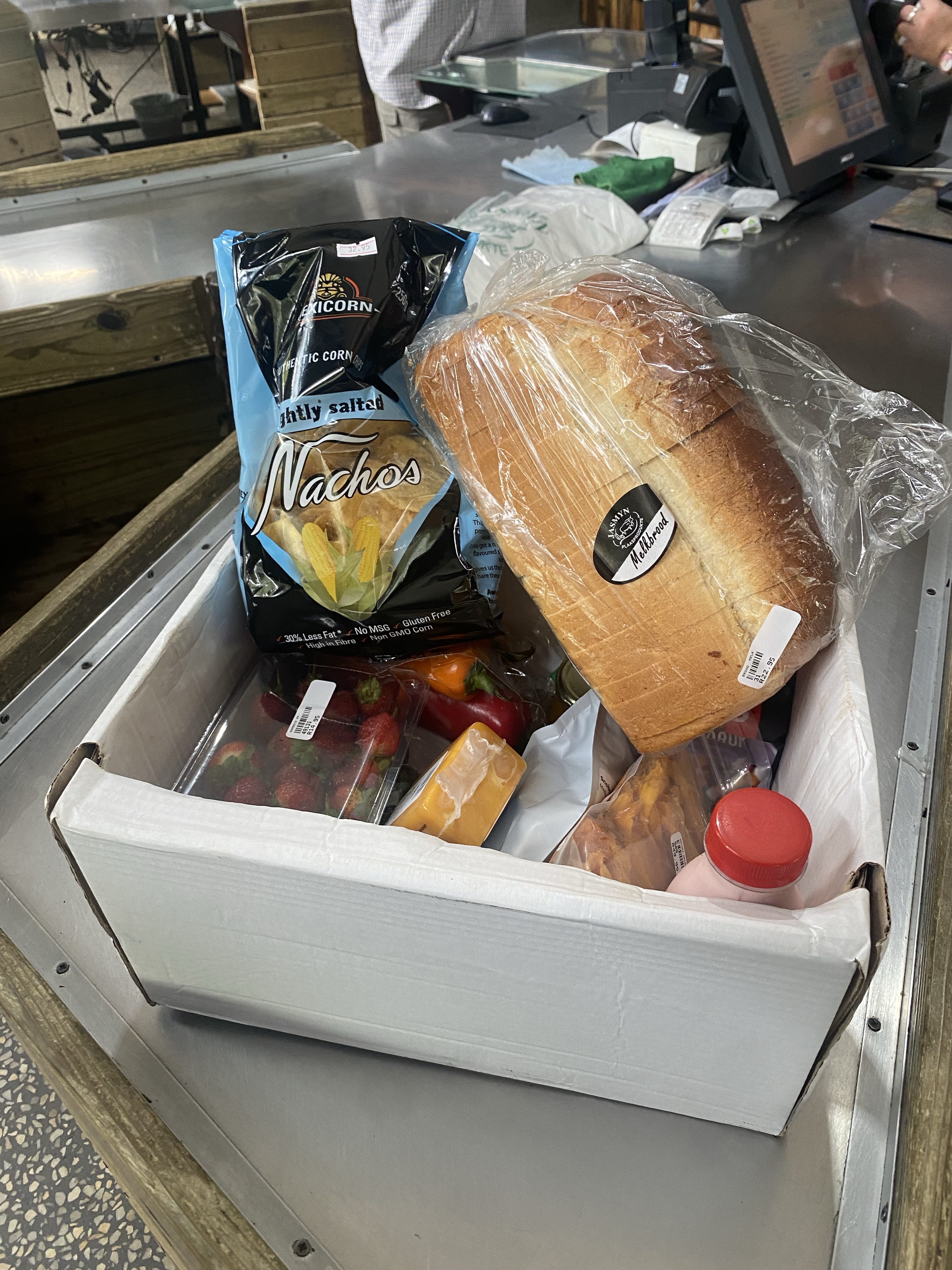
While we did not make it to wine country (which is in the west of the country), we enjoyed the variety of wine that was found in supermarkets and wine shops. South Africa also distills quite a bit of brandy, and we liked the KWV 10-year, aged in French oak and easy to find at under $20 USD per bottle.
Safety concerns
Like any other country in the world, the usual precautions should be taken. Don’t pick up hitchhikers, don’t leave items in your car, and keep an eye on your surroundings. But also, there is enough carjacking and potholes that both have regular warning signs on the highways. For us, we made the decision not to drive at night. When we knew we would be out past sunset, we used rideshare options (Uber, Bolt, and InDrive).
The police are also a concern, especially when roadblocks are set up. These not only create traffic jams that collectively waste hours of time, but are often designed to extract small “fines” from motorists (according to locals we spoke with). We saw roadblocks in Johannesburg as well as rural roads entering/leaving towns.
Race
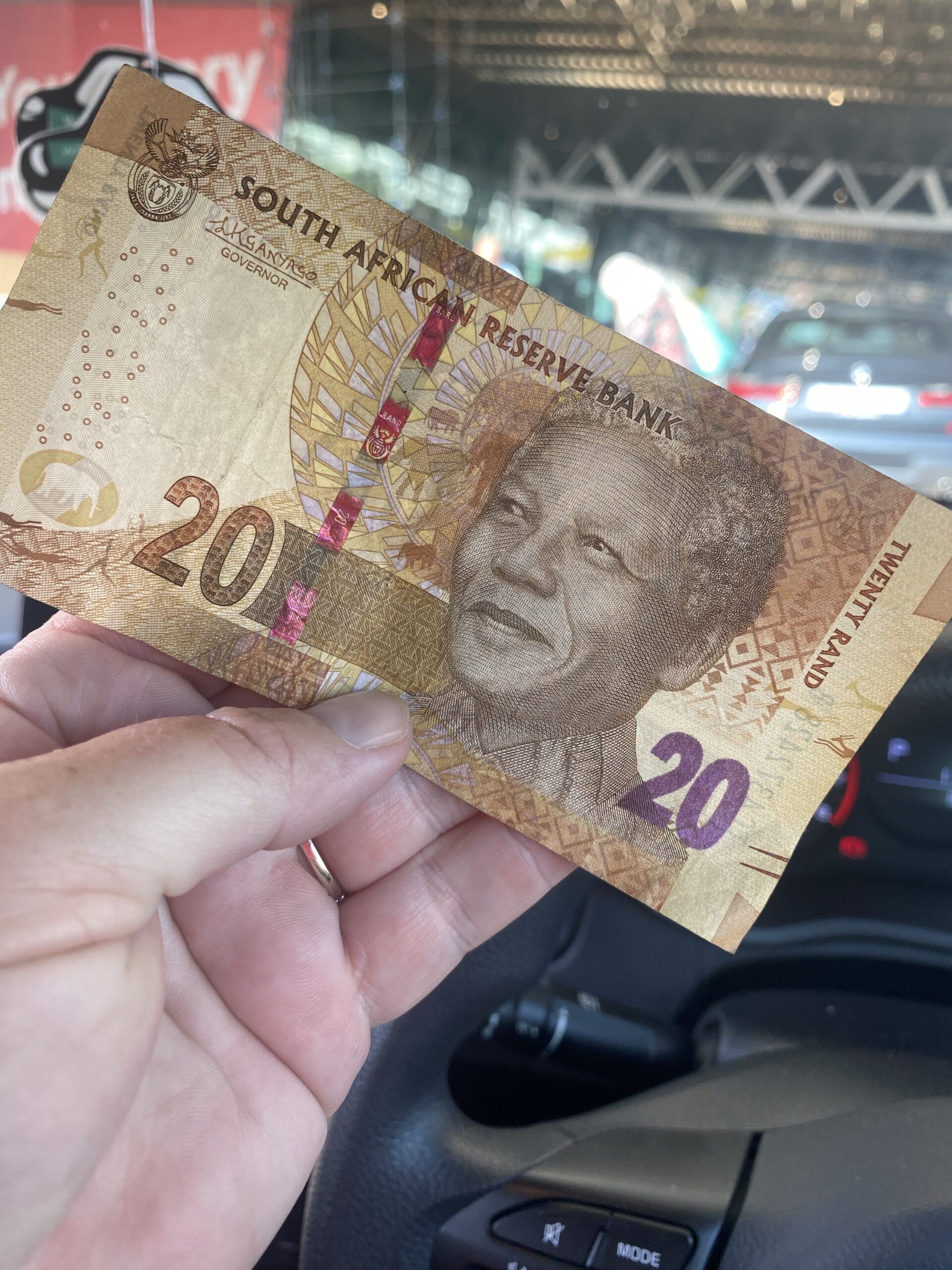
The scars of apartheid and racial segregation are still obvious. Most establishments have black employees and white managers or owners. All housekeeping staff at hotels and resorts were black, as were most of the waitstaff at restaurants. It was an eye-opening experience as a traveler, and I hope gains are made to improve the racial inequality and wealth disparity that endures in South Africa. We encourage visitors to take time to explore the Apartheid Museum in Johannesburg (or similar museums in other South African cities), and to seek out black-owned businesses to support.
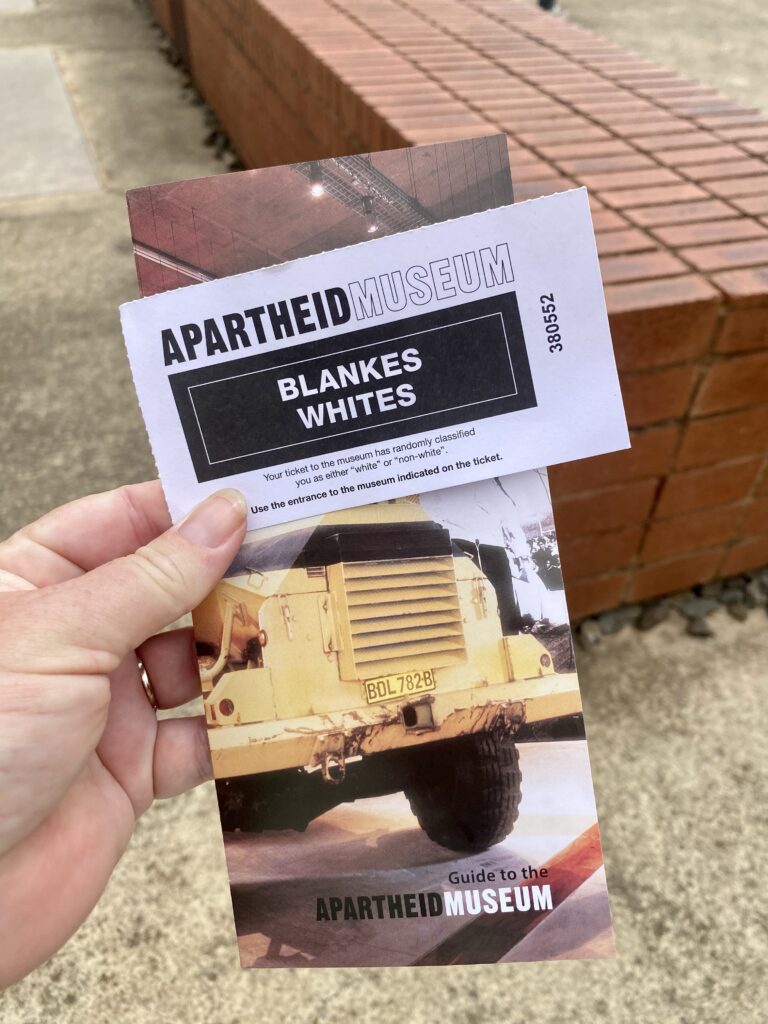
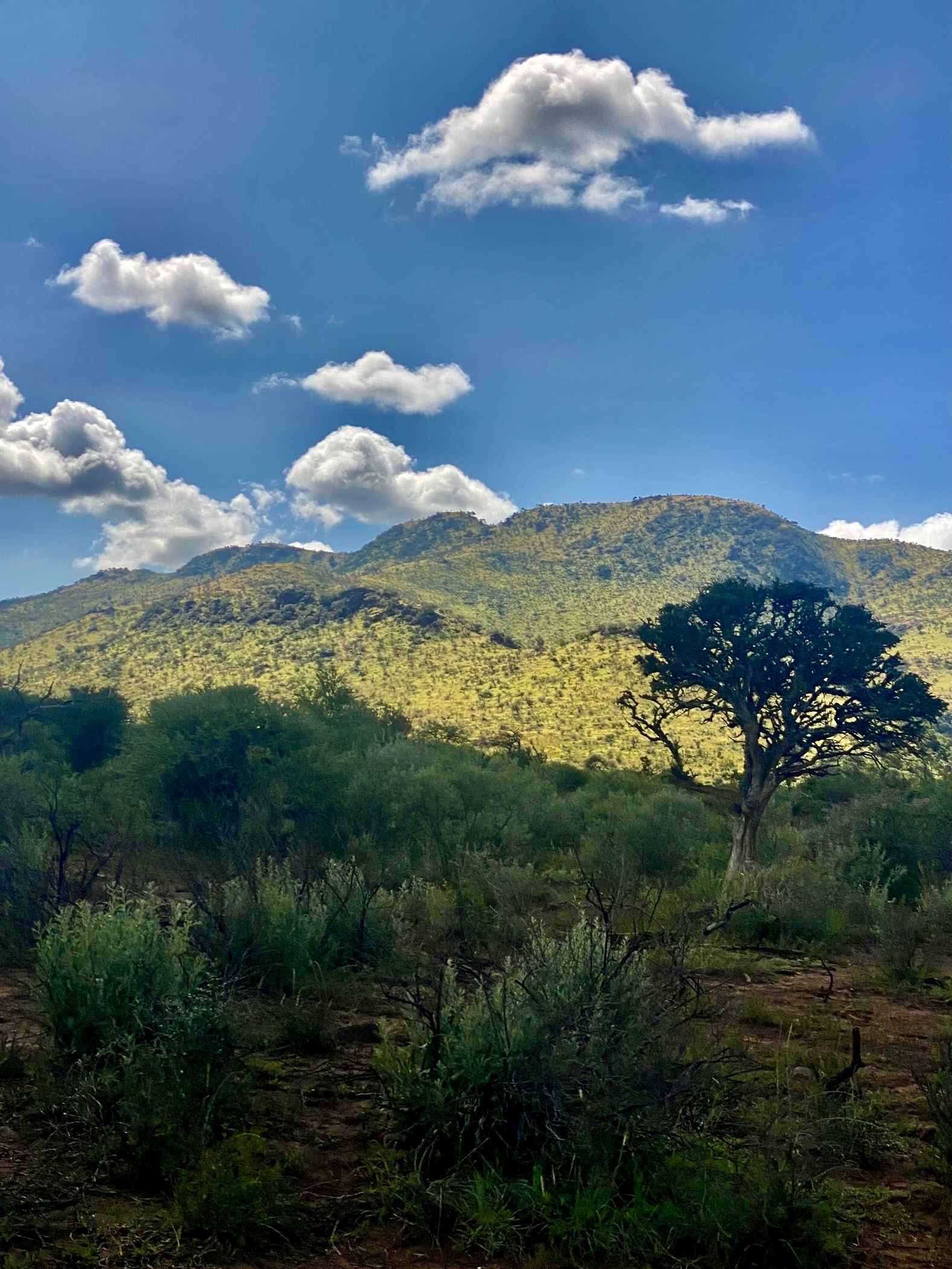
This was really interesting to read especially as I had heard about the safety concerns and remaining scars of apartheid. There is obviously a lot of great things to see and do while here, and it’s great the food is so tasty!
Everyone is totally equal in my world. I’m lucky to live in the UK (but I’d prefer to be back in the EU)
Everyone is equal in our book too!